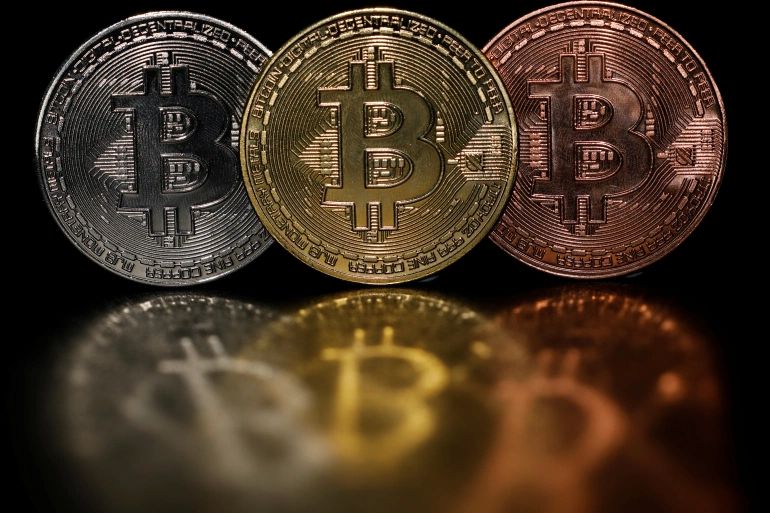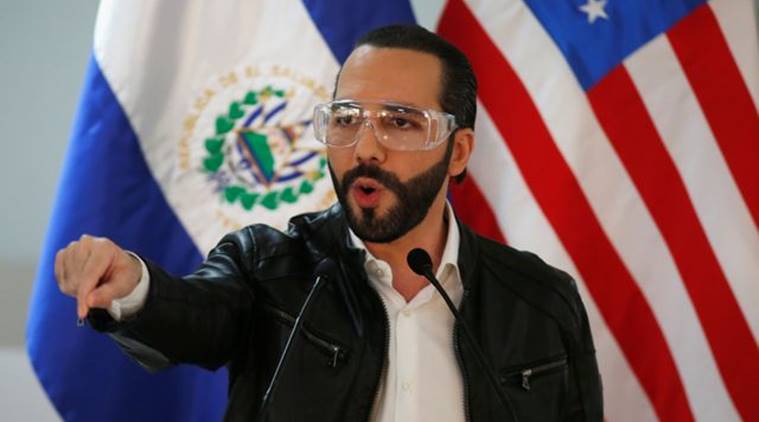
On 9 June, the Congress in El Salvador passed a bill to make Bitcoin a legally accepted currency in the country. It is the first ever country to include a cryptocurrency as its official currency. Individuals investing more than three Bitcoins in the country will also be given citizenship.
The move will enable citizens to show prices in Bitcoin, contribute to tax revenues with digital currencies and exchange bitcoins without having to pay capital gains taxes. The new law states: “The purpose of this law is to regulate bitcoin as unrestricted legal tender with liberating power, unlimited in any transaction, and to any title that public or private natural or legal persons require carrying out.”
President Nayib Bukele who proposed the bill has said that the use of bitcoin for its potential to help Salvadorans living abroad to send remittances back home, while saying the U.S. dollar will also continue as legal tender. In practice, El Salvador does not have its own currency. “It will bring financial inclusion, investment, tourism, innovation and economic development for our country,” Mr. Bukele said in a tweet shortly before the vote in Congress, which is controlled by his party and allies.
He said the idea was to build a bitcoin mining hub around the country’s geothermal potential. He also said that El Salvador would offer citizenship to people who showed evidence they had invested in at least three bitcoins.
The use of bitcoin will be optional for individuals and would not bring risks to users, Mr. Bukele said, with the government guaranteeing convertibility to dollars at the time of transaction through a $150 million trust created at the country’s development bank BANDESAL.
Under the law, bitcoin must be accepted by firms when offered as payment for goods and services. Tax contributions can also be paid in the cryptocurrency. Its use as legal tender will begin in 90 days, with the bitcoin-dollar exchange rate set by the market. Mr. Bukele said the government and Central Bank did not currently hold any bitcoin.
Will other follow suit?

Cryptocurrency supporters hailed the move as legitimising the emerging asset, but its impact on bitcoin regulation, taxation or adoption in other countries remains to be seen. Bitcoin enjoyed its best day in two weeks, rising as much as 6% to $35,200.
Financial and legal observers described the law change as a remarkable accomplishment and a game changer, while others raised concerns about the cryptocurrency’s volatility. Experts have warned it could also complicate matters with the International Monetary Fund (IMF), where El Salvador is seeking a more than $1 billion programme.
Some crypto experts have criticised the move saying that El Salvador could have looked at crypto options that would work better as a currency than Bitcoin, whose three transactions-per-second processing rate is seen as too slow compared to other virtual tenders such as Bitcoin Cash or Monero.
Most of the world’s central banks are looking into the possibility of creating their own digital currencies. In April, the Bank of England announced it was looking into creating digital money that would exist alongside cash and bank deposits.
Emerging economies — where bank penetration is much lower than in developed countries and reliance on money transfers from abroad much higher — have quickly warmed to cryptocurrencies. Outside the United States, countries with the highest crypto production and trading volumes are all developing nations, according to BofA, including China, Colombia and India.
